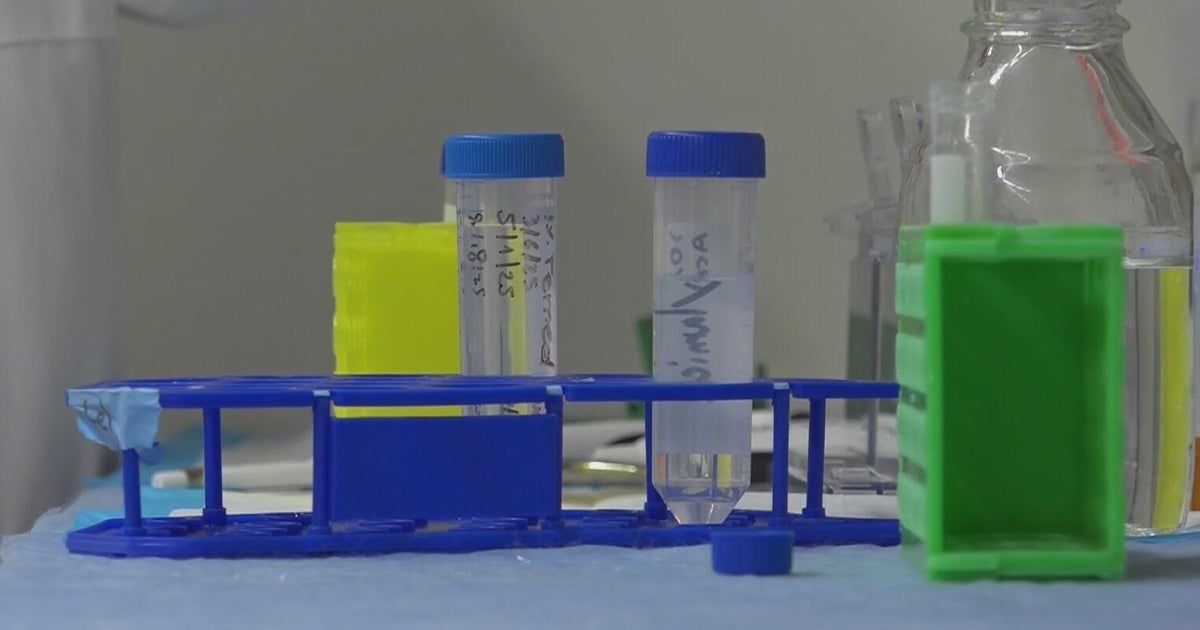Study Shows Possible Link Between BPA & Heart, Kidney Problems
PITTSBURGH (KDKA) -- Vanessa Ramirez worries about the chemicals her children are exposed to, especially in their food.
"You have to be really careful what they ingest, what they take in," she says.
Bisphenol A, or BPA, is a big concern for many parents. The chemical is used in food packaging.
A new study from the NYU School of Medicine is now showing a possible link between BPA exposure in children to a higher risk for heart and kidney problems later in life.
"It may contribute to inflammation in the arteries and the remainder of our body that may also contribute to narrowing of the arteries and later heart disease risk," says NYU School of Medicine's Dr. Leonardo Trasande, who was an author on the study.
"The first thing that comes to my mind is genetics. Diet, of course. But now we have something new to consider," dietician Heather Mangieri of Nutrition Checkup in Imperial says about factors she considers when assessing a person's risk for heart and kidney disease.
Surveys have shown that by age 6 nearly 92 percent of children have some trace of BPA in their urine.
The FDA banned the use of BPA in baby bottles and sippy cups last year. But companies still use the chemical in aluminum cans.
"This study adds further concern for the FDA to reconsider its decision about not banning BPA from other food uses," adds Dr. Trasande.
Reducing the amount of canned food families eat can help limit BPA exposure.
Ramirez is already doing that.
"I don't buy canned vegetables. I buy organic," she says.
"The best thing we can do when it comes to BPA is decrease our exposure to it," cautions Mangieri. "So, using fresh fruits and vegetables, instead of canned fruits and vegetables, is an easy way. Same goes for beans. Not reheating our food in plastic containers."
BPA exposure has also been linked to childhood obesity, hormone problems and asthma.
RELATED LINKS:
More Health News
Join The Conversation On The KDKA Facebook Page
Stay Up To Date, Follow KDKA On Twitter







